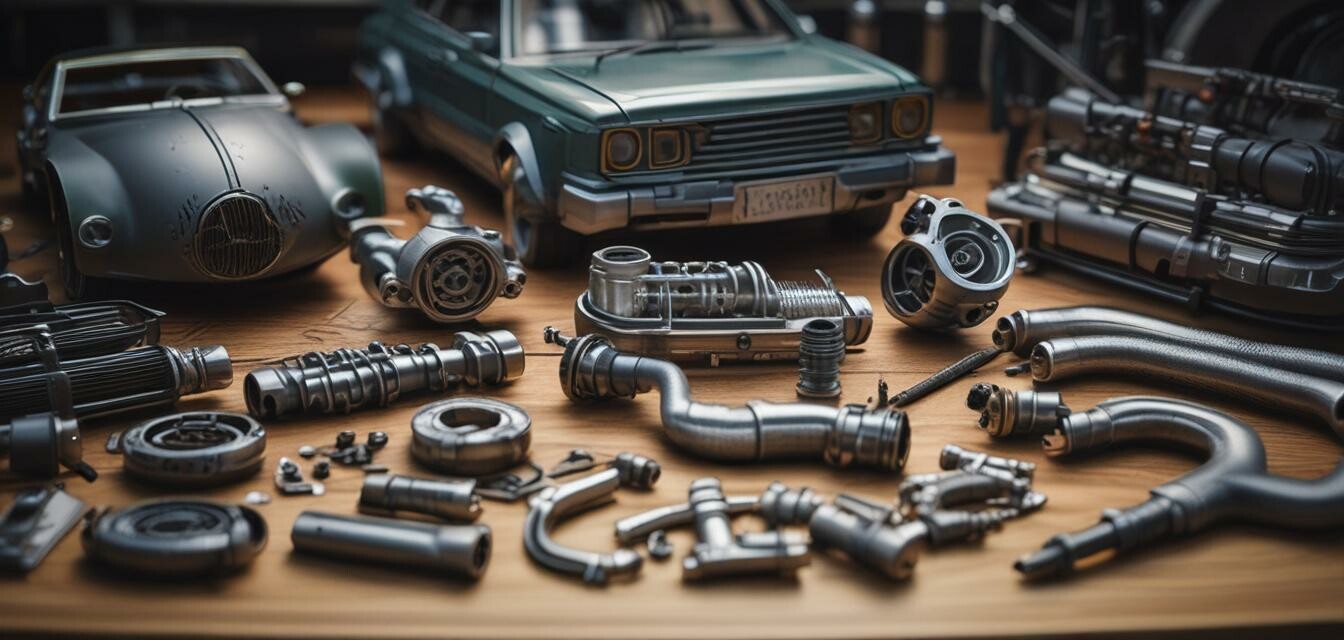
Comparing the Best VW Turbo Kits on the Market
Key Takeaways
- Turbo kits can significantly enhance performance for various VW models.
- It's crucial to check compatibility with your specific VW model before making a purchase.
- Look for features such as boost control, installation complexity, and warranty options.
- Performance improvements can vary greatly based on the turbo kit selected.
- Proper installation is key to maximizing your VW's performance with a turbo kit.
VW owners often seek ways to enhance their vehicle's performance, and one of the most effective upgrades is the installation of a turbo kit. In this guide, we will delve into the leading turbo kits on the market, examining their features, compatibility, and potential performance improvements.
Why Choose a Turbo Kit for Your VW?
Turbo kits can offer significant boosts in horsepower and torque, making your VW feel more powerful and responsive. They also allow you to achieve a performance level that satisfies both daily drivers and racing enthusiasts.
Factors to Consider When Choosing a Turbo Kit
- Compatibility: Ensure the turbo kit is designed for your specific VW model.
- Boost Pressure: The amount of boost the turbo can produce will directly affect performance.
- Installation: Consider whether you can install the kit yourself or if professional help is needed.
- Warranty: A good manufacturer warranty can provide peace of mind.
- Accessories: Some kits come with additional components such as intercoolers and tuning software.
Top VW Turbo Kits Comparison
| Turbo Kit | Compatibility | Boost Pressure | Installation Difficulty | Warranty |
|---|---|---|---|---|
| Turbo Kit A | VW Golf MK7 | Up to 20 psi | Intermediate | 2 Years |
| Turbo Kit B | VW Jetta MK6 | Up to 18 psi | Easy | 1 Year |
| Turbo Kit C | VW Passat B8 | Up to 22 psi | Advanced | 3 Years |
| Turbo Kit D | VW Tiguan | Up to 25 psi | Intermediate | Lifetime |
Installation Process Overview
Installing a turbo kit can vary in complexity depending on the model and type of kit. Here’s a brief overview of what the installation process typically involves:
- Gather necessary tools and safety gear.
- Disconnect the battery and remove any components obstructing access to the engine.
- Install the turbo along with any included piping and intercooler.
- Connect to the exhaust system and intake manifold as per the manufacturer’s instructions.
- Reassemble all components and reconnect the battery.
- Perform a test run to check for proper functionality.
Performance Improvements
After installing a turbo kit, users can typically expect:
- Higher horsepower and torque ratings.
- Improved acceleration and throttle response.
- More enjoyable driving experience overall.
- Potential increase in fuel efficiency in certain conditions.
Pros
- Significant increase in engine power.
- Enhanced driving experience.
- Compatibility with various VW models.
- Improves resale value of the vehicle.
Cons
- Installation can be complex.
- May require additional tuning or modifications.
- Potential for increased engine wear.
- Possible legal issues related to emissions.
Conclusion
Upgrading your VW with a turbo kit can lead to significant performance enhancements. However, it is critical to choose the right kit that fits your specific model and meets your performance goals. For further reading, check out our related Buying Guides for additional tips on selecting performance parts for your VW.
Tips for Beginners
- Research thoroughly before making a purchase.
- Consult with expert mechanics if unsure about installation.
- Join VW community forums for personal experiences and advice.
- Keep an eye on performance benchmarks after installation for best results.
Further Reading and Resources
For more insights, you can explore our other blog categories:
